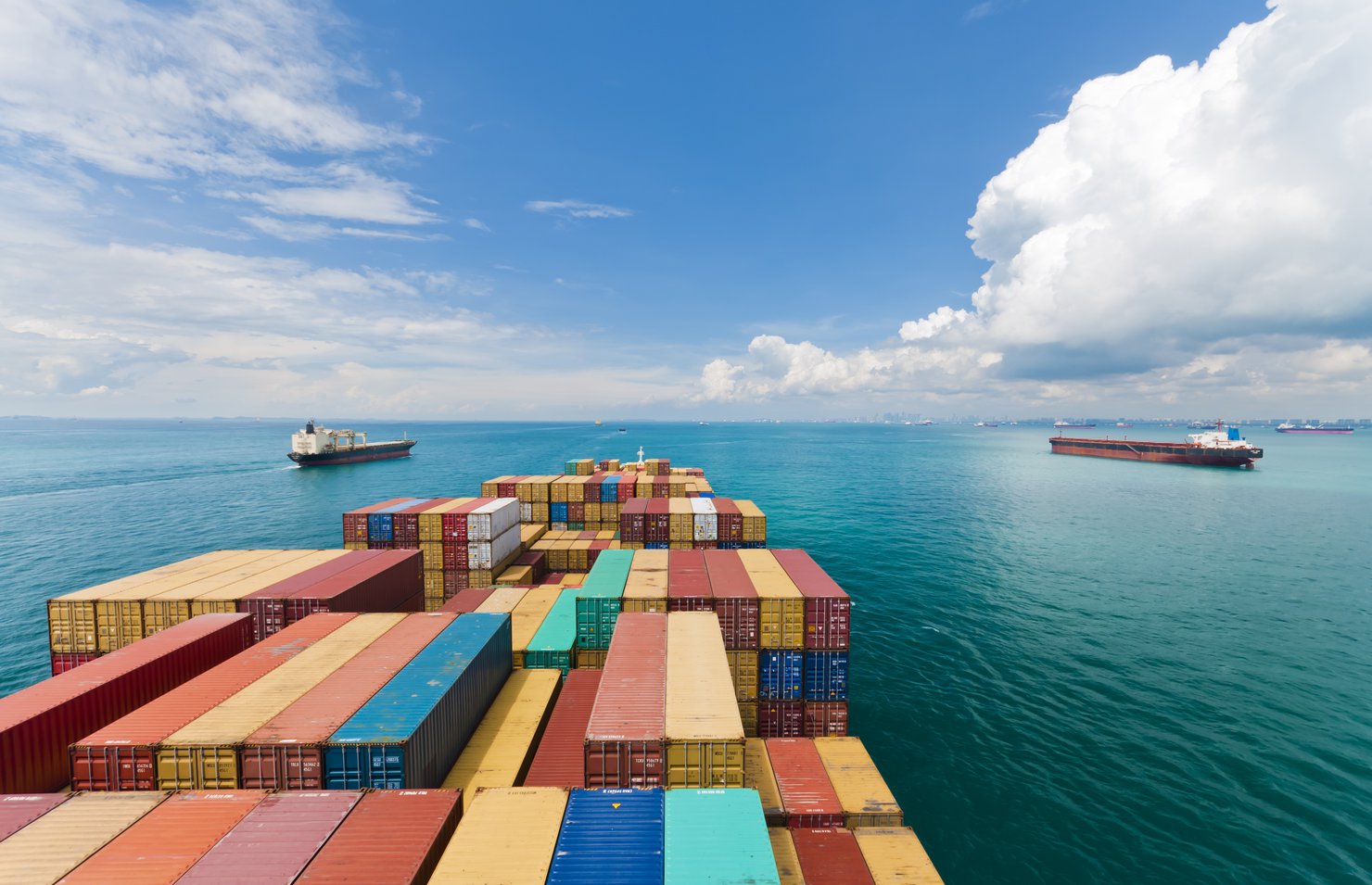How can we encourage increased global ambitions to decarbonize, while recognizing that countries need to maintain international competitiveness? Moving forward, Resources for the Future will assemble data and conduct analysis to support the design of policies that maintain industrial competitiveness, minimize emissions leakage, and encourage ambition as nations decarbonize.
Since the Paris Agreement in 2015, policymakers and stakeholders have focused on the objective of limiting global warming to well below 2°C. Over the past few years, an increasing number of national pledges of net-zero emissions projected for midcentury have come out of the European Union and countries such as Japan, China, and the United States. These pledges have been accompanied by nearer-term targets with 2030 deadlines that arguably coincide with the midcentury pathways to net zero. The nearer-term targets are considerably more ambitious than any previous policies in terms of mitigation, costs, technology development, and policy demands.
Achieving these ambitious targets requires the rapid replacement of fossil energy with carbon-free, low-emissions alternatives, along with the rapid reduction of emissions from the manufacturing processes related to commodities like iron, steel, aluminum, cement, and chemicals, which are difficult to decarbonize. These mitigation actions can increase the costs of production in the internationally competitive commodity sector—and the more ambitious and rapid the actions, the greater can be the increases in costs.
For countries that have high ambitions for climate change mitigation, rising production costs can force economically sensitive industries to move to countries with less ambitious emissions goals. This displacement of industries to areas with lenient standards causes emissions to rise in the countries with lax climate policies (a phenomenon that economists call “leakage”) and causes economic activity to decline in countries with ambitious climate regulations. Both of these outcomes—emissions “leakage” and lost economic activity—have been decreasing support for aggressive policies that reduce emissions in climate-ambitious countries.
The International Climate Policy Initiative at Resources for the Future (RFF) provides the global economic analysis; insights; and creative, effective, and equitable policy solutions that are needed to achieve ambitious climate targets while supporting the competitiveness of domestic manufacturing.
Here’s how.
We are building a global network of research institutions that can help major economies and businesses achieve ambitious climate goals.
To help major economies and businesses achieve their climate-neutrality objectives efficiently and inclusively, we’re building the Global Climate Policy Partnership (GCPP), which engages an international network of leading economic and policy research institutes. The GCPP facilitates a greater understanding of climate policies across national boundaries, quantifying and evaluating their economic, financial, and social impacts at various geographic scales. The network strives to aid decisionmakers as they craft policies to achieve climate goals, reduce emissions, and adapt and build resilience to climate risks. We aim to analyze what makes certain climate policies durable and resilient and incorporate climate risks and impacts into the policy-evaluation process. Members in the network currently include institutions from Europe, the United States, Brazil, India, China, Japan, and South Korea, with additional countries expected to join the partnership.

The GCPP will tackle research and analysis that focuses on the race to net zero, emphasizing the structural economic changes, technological development, and suite of policy solutions that are needed to achieve emissions targets. We will conduct research to identify and quantify the policy-induced benefits of avoided climate change; improvements in local environmental quality; and changes to economic activity, labor markets, equity, and inequality. We’ll also consider climate finance and financial risk at the international scale, by assessing climate transition risk, the role of central banks and other governmental financial institutions in developing policies to manage risk, how private investment institutions contribute to the assessment of climate risk, and the impact of climate risk on investment portfolios. And we will look at the potential of advanced technology development and deployment, in terms of enhancing low- and zero-carbon energy technologies, carbon-removal technologies, and international cooperation that can accelerate these efforts.
We will monitor advancements in carbon border adjustments and assess the economic impacts of related policies.
The European Union and United States are considering actions to reduce leakage and loss of economic activity by imposing tariffs on imports of carbon-intensive goods (so-called “carbon border adjustments”) from countries that implement relatively less stringent climate policies. Leakage and lost economic activity are most acute for industrial sectors that sell products in highly competitive international markets. Topping the list of these sectors are iron, steel, and aluminum, which tend to rely on energy inputs for manufacturing, involve production processes that emit greenhouse gases, and face high costs for reducing emissions.
Reducing the leakage and lost economic activity in these sectors can be accomplished by trading partners who agree that the production of commodities like iron, steel, and aluminum should meet certain agreed-upon emissions standards. Countries that agree to these standards form a “club” in which club members face no tariffs, but countries outside the club must pay the tariffs. Club members can further agree to collaborate and cooperate on the development and deployment of advanced technologies that accelerate the decarbonization of these industrial sectors.

RFF researchers, along with international partners in the GCPP and the RFF-CMCC European Institute on Economics and the Environment, will track the continuing development of policies related to carbon border adjustments and carbon and technology clubs. We’ll also aid in their design and assess the economic impacts of these types of policies. We’ll use modeling to investigate the options and feasibility of adding advanced low- and zero-carbon technology options in hard-to-abate sectors such as iron, steel, and aluminum.
Getting to a Net-Zero Resilient Economy through International Climate Policy and Comprehensive Climate Strategies
Moving forward, our aim at RFF is to objectively design and evaluate strategies that governments around the world can employ to drive their economies toward net-zero emissions while addressing equity and cost.






